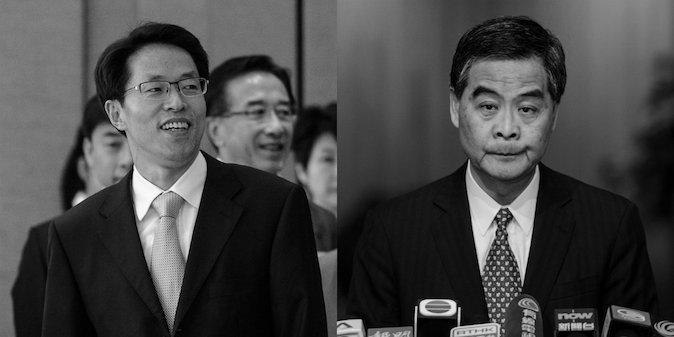HONG KONG—The Chinese communist regime pledged not to meddle in the administration of Hong Kong following the former British colony’s return to China in 1997. Beijing, however, has always seen to it that its anointed candidate be installed as Hong Kong leader.
At a glance, the 2017 Hong Kong chief executive election on March 26 stuck to the script. Carrie Lam, the only candidate out of three to receive something akin to open backing by senior Chinese officials overseeing Hong Kong, became the city’s fourth chief executive by winning 777 out of 1,183 eligible votes.
Yet the outcome of the election was foggier than the result suggests.
Two rival Chinese political camps, one headed by retired Chinese leader Jiang Zemin and the other by the country’s current head, Xi Jinping, had sought to align Hong Kong electors to their respective interests in the lead-up to election day. Jiang’s political faction wanted Lam in office, while the Xi leadership wanted to respect the “one country, two systems” policy of noninterference by Beijing and not pick any candidate, this newspaper learned from insiders.





